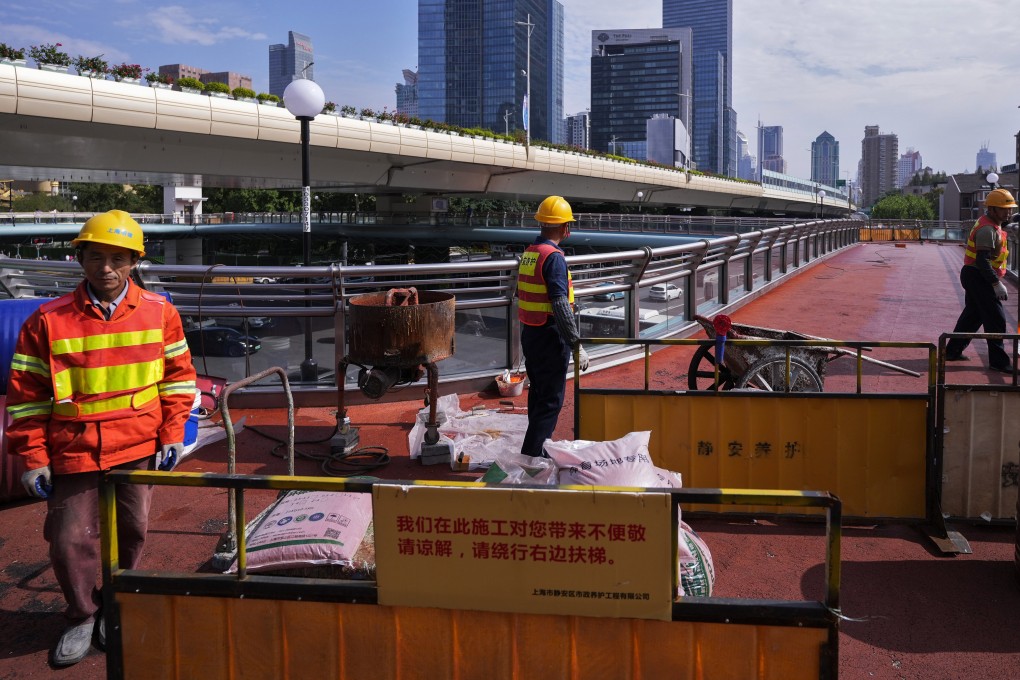Advertisement
Macroscope | Bad news for Asia if frontier economies fall out of fashion
Investors must demand institutions direct their savings into developing or emerging markets where they can benefit global economic welfare
Reading Time:3 minutes
Why you can trust SCMP

So-called frontier markets – the stock markets of more economically advanced developing nations – began drawing the attention of global investors from the 1970s onwards and have continued to do so until recently. However, they might be about to fall out of fashion, and that is bad news for Asia especially.
Their image is likely to suffer given the World Bank’s latest Global Economic Prospects report. The report asserts that “the long-term growth outlook for developing economies is now the weakest it’s been since the start of the century”.
“The next 25 years will be a tougher slog for developing economies than the last 25,” says Indermit Gill, chief economist and senior vice -president for development economics, at the World Bank. “Most of the forces that once aided their rise have dissipated. In their place have come daunting headwinds: high debt burdens, weak investment and productivity growth, and the rising costs of climate change.”
Advertisement
Not all Asian economies are considered developing, of course, with Hong Kong, Taiwan, Singapore, South Korea and Japan the obvious exceptions. That said, many of the countries investors consider to be emerging or frontier markets – the likes of China, India, Malaysia, Bangladesh, Sri Lanka and Cambodia – are listed as developing economies by international institutions.
Huge amounts of savings from individual and institutional investors flow into the stock and bond markets of economically advanced nations each year. These investors are too focused on the tech sector and seemingly shying away from developing and emerging markets, where their investments would do the most good.
Advertisement
Emerging markets – in particular those in Asia – are already under assault from newly installed US President Donald Trump’s threats to impose punitive tariffs on imports from export-dependent countries, especially China. This poses an indirect threat to the exports of other Asian nations, including Japan and South Korea, for which trade links with China (via manufacturing supply chains) are especially strong.
Advertisement
Select Voice
Select Speed
1.00x
